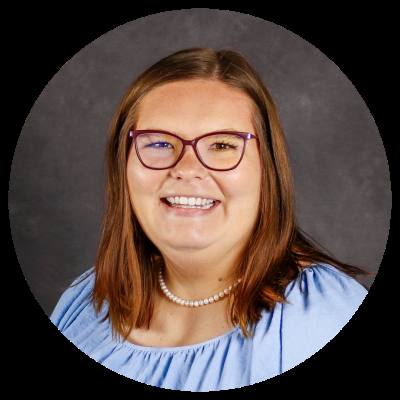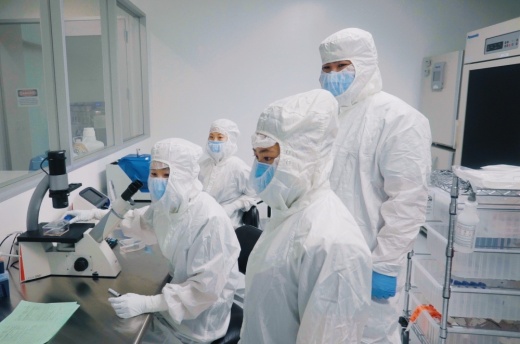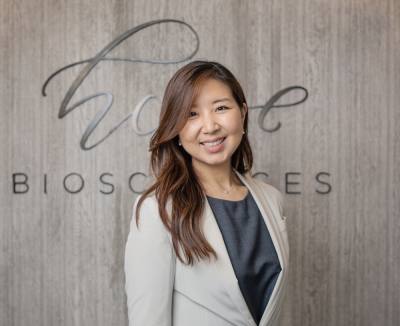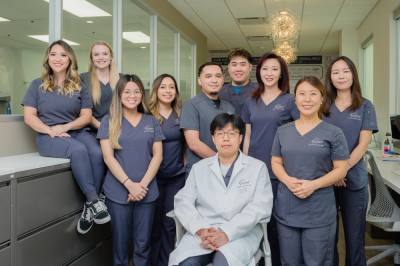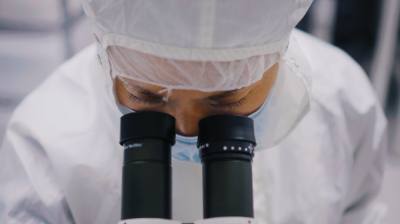After studying premed at the University of Toronto and earning a graduate degree in biotechnology at Johns Hopkins University, Chang worked in economic development recruiting life sciences companies. It was in this role she first heard of a South Korean company growing stem cells.
“That was my ‘aha’ moment,” Chang said. “If you can grow stem cells in a way where they can keep their integrity and keep purity without any safety issues, then this is the future of medicine because there is no end in sight to what these cells can do.”
Chang said Hope Biosciences deals in mesenchymal stem cells, which she said can become any other type of cell once in the body. She said stem cells are a holistic approach to medicine because they can attack all possible causes of disease or injury.
“In this industry, we all have to take a step back and be really humble about the fact that we don’t understand disease,” Chang said. “If we understood disease, there would be no disease.”
Hope Biosciences collects a small sample of stem cells—this is done from a tablespoon of fat in adults and the placenta for newborns—to grow additional cells, bank a sample and store them until that patient needs them. Stem cell banking costs a one-time fee of $10,000, but Hope Biosciences offers lower base rates with annual fees.
“The one thing we really wanted to do here was figure out if there’s any way to replace the cells that we’ve lost,” she said. “We know that the same exact stuff is safe. ... We just want to make more of them.”
While the manufacturing arm of Hope Biosciences is focused on the banking and regeneration of stem cells, in early 2020, Chang also founded Hope Biosciences Stem Cell Research Foundation, a 501(c)(3) nonprofit organization that conducts research and clinical trials.
The foundation is conducting 21 U.S. Food and Drug Administration clinical trials in 12 disease areas, including multiple sclerosis, Alzheimer’s disease, traumatic brain injuries, long-term COVID-19 patients and spinal cord injuries.
Through its trademarked process, the company is able to grow more than 1,000 doses, each made of 200 million stem cells, which are infused to clinical trial patients. While there is no stem cell therapy approved on the market, Chang said she aims to have an FDA-approved product in the next decade.
“If we have a system where we can deliver repeatable cell treatments that are the same person’s own cells that are in their body ... then every disease can be helped,” Chang said. “It’s not a cure for Parkinson’s or a cure for Alzheimer's. In reality, it’s just giving your body back the same building blocks that it’s always had so that it can fight pretty much any disease.”


